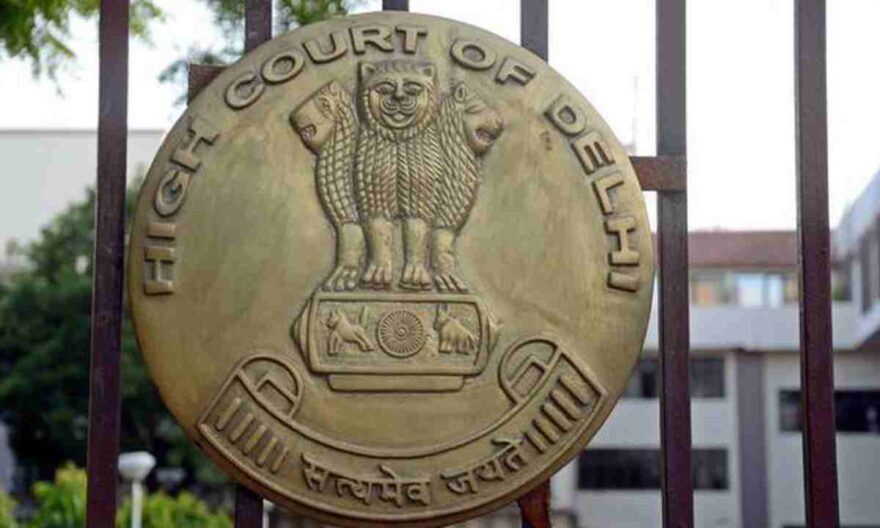
The Delhi High Court has granted one final opportunity to the Federation of Hotels and Restaurant Associations of India and the National Restaurant Association of India to submit their affidavits in compliance with a previous order regarding the levy of service charges by their members.
This opportunity is subject to both associations paying a fine of Rs. 1 lakh each.
Justice Prathiba M Singh noted that, neither of the associations filed the required affidavits as per the order issued on April 12, and thus, they were in complete non-compliance with the court’s directive.
Accordingly, the court allowed one last chance for the petitioners to properly file the affidavits within four days, provided they pay the specified fine of Rs. 1,00,000/- each. The fine should be submitted to the Pay and Accounts Office, Department of Consumer Affairs, New Delhi, in the form of a Demand Draft. The court emphasized that the affidavits would not be accepted without the payment of the fine.
The court was addressing pleas by the associations, challenging the guidelines of the Central Consumer Protection Authority that prohibited hotels and restaurants from automatically or by default levying service charges on bills.
Previously, a co-ordinate bench stayed these guidelines in July of the previous year while specifying that the service charge and the customer’s obligation to pay it must be clearly displayed on the menu or other places.
Justice Singh directed both associations to submit an affidavit indicating the percentage of their members imposing service charges as a mandatory condition on food bills. They were also asked to express their opinion on the term “service charge” being changed to alternative terminology like “staff welfare fund,” “staff welfare contribution,” or “staff charges” to avoid confusion among consumers about the charge being levied by the government.
During the hearing on July 24, the court was informed that the National Restaurant Association of India had filed an affidavit on July 21, but the Union Government had not been served. It was noted that the affidavit had been accepted despite an objection by the Registry, which stated that the proof of service had not been filed.
Furthermore, the Central Government’s counsel, Sandeep Mahapatra, informed the court that the service of the affidavit filed by the Federation of Hotels and Restaurant Associations of India was made at an incorrect email address, even though the correct email address was shown on the index where affidavits are filed.
The court remarked that it had a clear impression that the petitioners were in complete non-compliance with the orders dated April 12, 2023, and had filed the affidavits without serving the respondents properly, attempting to delay the proceedings before the court.
Additional Solicitor General Chetan Sharma also submitted before the court that around 4,000 more complaints had been received from various consumers, complaining about service charges being imposed by the associations and their members.
The court permitted the respondents to file a response to the affidavits, if necessary, by August 20, 2023, with an advance copy to the petitioner. The matter was scheduled for further hearing on September 05.
Previously, the Central Consumer Protection Authority (CCPA) had defended its guidelines, arguing that the mandatory levy of service charges by hotels and restaurants was in direct violation of consumers’ rights, as well as provisions on unfair contracts, unfair trade practices, and restrictive trade practices under the Consumer Protection Act.
The authority had further contended that paying a service charge did not entail purchasing a distinct good or availing a separate service from the restaurant or hotel.




